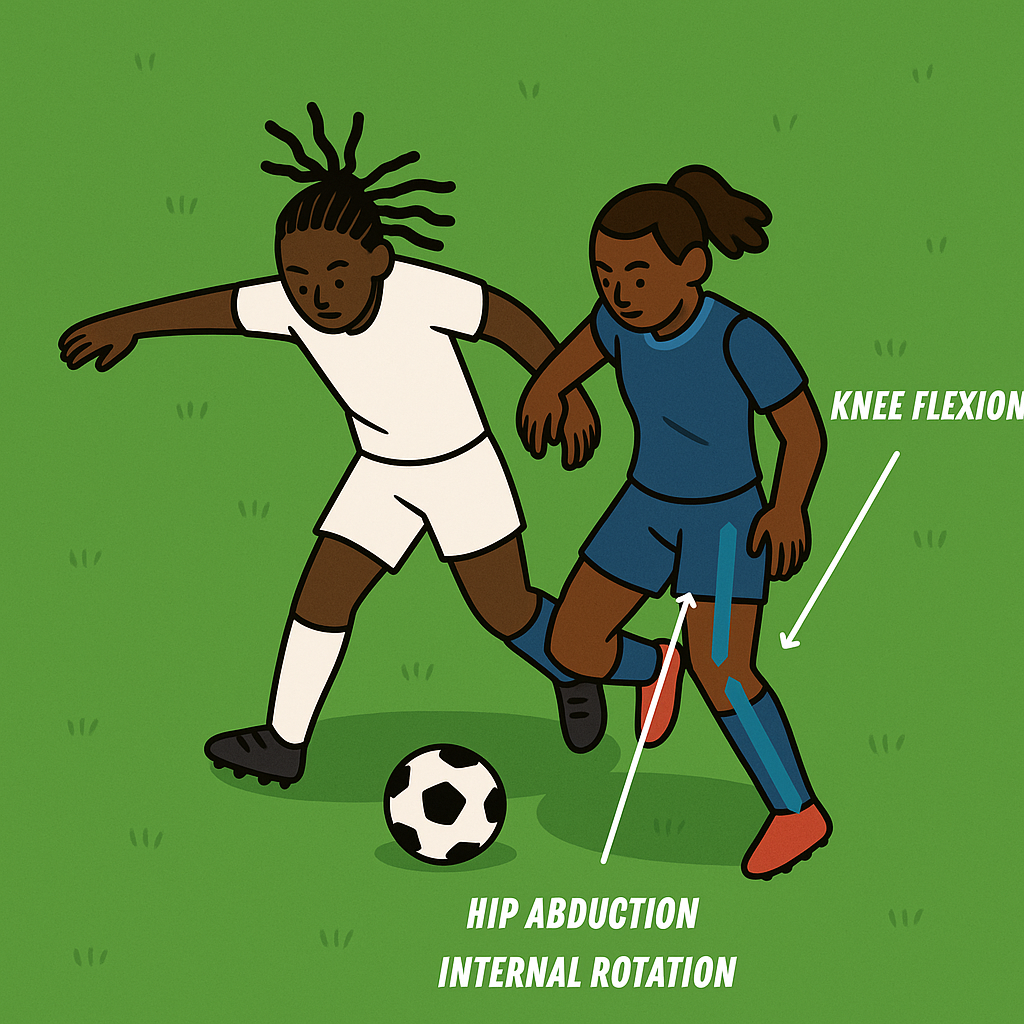
Recovering from an ACL tear? Whether you’re an athlete, a weekend warrior, or a parent helping your teen return to sports, the journey back to full activity can feel overwhelming. One of the most common questions we get at Pain & Performance Coach LLC in Hillsboro is:
“How long until I (or my child) can play sports again?”
Thanks to a large new study published in the British Journal of Sports Medicine in 2025, we now have clearer answers — and some may surprise you.
⸻
📊 The 9-Month Myth: Is It Real?
For years, many doctors and physical therapists have recommended waiting at least 9 months after ACL reconstruction surgery before returning to sports. This was based on earlier research showing a much higher risk of reinjury if athletes returned too soon.
But here’s what this new study found:
👉 The actual time isn’t what matters most.
What matters is how well you’ve recovered — not just how much time has passed.
⸻
✅ The #1 Key to Safely Returning to Sports: Completing Rehab the Right Way
Researchers followed 530 male athletes over two years after ACL surgery. The results were clear:
• 💪 Athletes who completed a full rehab program and passed all return-to-sport tests were 6 times more likely to safely return to sports.
• 🏃♂️ 90% of those who completed rehab returned to pivoting sports (like soccer, basketball, or tennis).
• 🚫 Athletes who dropped out early? Only 50–70% made it back, and they were more likely to get hurt again.
This means:
“The way you rehab is more important than the date on the calendar.”
⸻
📉 What About Reinjury Risk?
Another big takeaway from the study:
• 🕘 Returning before or after 9 months did NOT change the risk of a new ACL or knee injury — as long as athletes met specific rehab goals.
So no, 9 months isn’t some magic safety switch. What’s critical is that the athlete is:
• Pain-free
• Has over 90% strength and jump symmetry compared to the other leg (at least 100% in terms of strength if the dominant limb was the injured side)
• Completes sport-specific drills
• Gets education on injury prevention
⸻
🤕 Why Some Athletes Struggle to Return
Not everyone made it back to their sport. Here’s why:
• ❌ Stopping rehab too soon
• 🧊 Complications during recovery (like swelling or stiffness)
• 😞 Poor adherence to rehab (not showing up or skipping key exercises)
In short:
The more consistently you attend and complete your rehab, the better your chances of full recovery.
⸻
🎯 What This Means for You (Or Your Teen Athlete)
Whether you’re a high school athlete in Beaverton, a soccer parent in Forest Grove, or a basketball player in Portland, this research gives you a clear plan:
🔟 Top Tips for a Safe Return After ACL Surgery
1. 🕒 Don’t rush based on a calendar date. Focus on progress, not just time.
2. 💪 Stick with a structured rehab program led by an ACL specialized physical therapist.
3. 🎯 Make sure your therapist tests things like strength, jump ability, and movement quality.
4. 🧠 Don’t ignore the mental side: confidence matters!
5. 🔁 Do your exercises at home and attend every session.
6. 🏃 Practice sport-specific drills before jumping into a full game.
7. 📉 Avoid “just playing through it” or returning on your own without medical clearance.
8. 💬 Ask your provider for objective “return to sport” testing.
9. 👨👩👧 If you’re a parent, ask about your child’s rehab compliance and progress metrics.
10. 🏥 Choose a clinic that focuses on high level recovery and not just basic post-op care.
⸻
📍 Serving Hillsboro, OR and Beyond
At Pain & Performance Coach, we serve athletes and active adults from Hillsboro, Aloha, Beaverton, Portland, Cornelius, Forest Grove, Banks, and North Plains. We specialize in:
• Advanced ACL rehabilitation
• Non-surgical and post-surgical knee recovery
• Strength and return-to-sport testing with cutting-edge tools
Our goal? To help you recover with confidence — and stay injury-free when you return to doing what you love.
⸻
📞 Ready to Get Back in the Game?
Let’s talk. Schedule your personalized ACL recovery evaluation today and take the first step toward a stronger, safer return to sport.
⸻
Disclaimer: While this is based on clinical research, it is education only and should not be viewed as medical advice. Always consult your healthcare provider about your specific situation.
